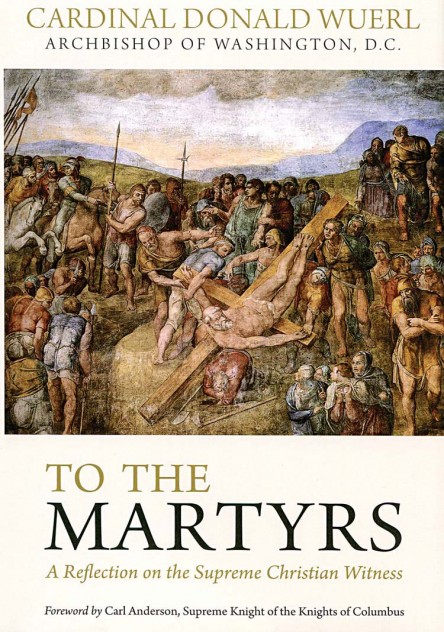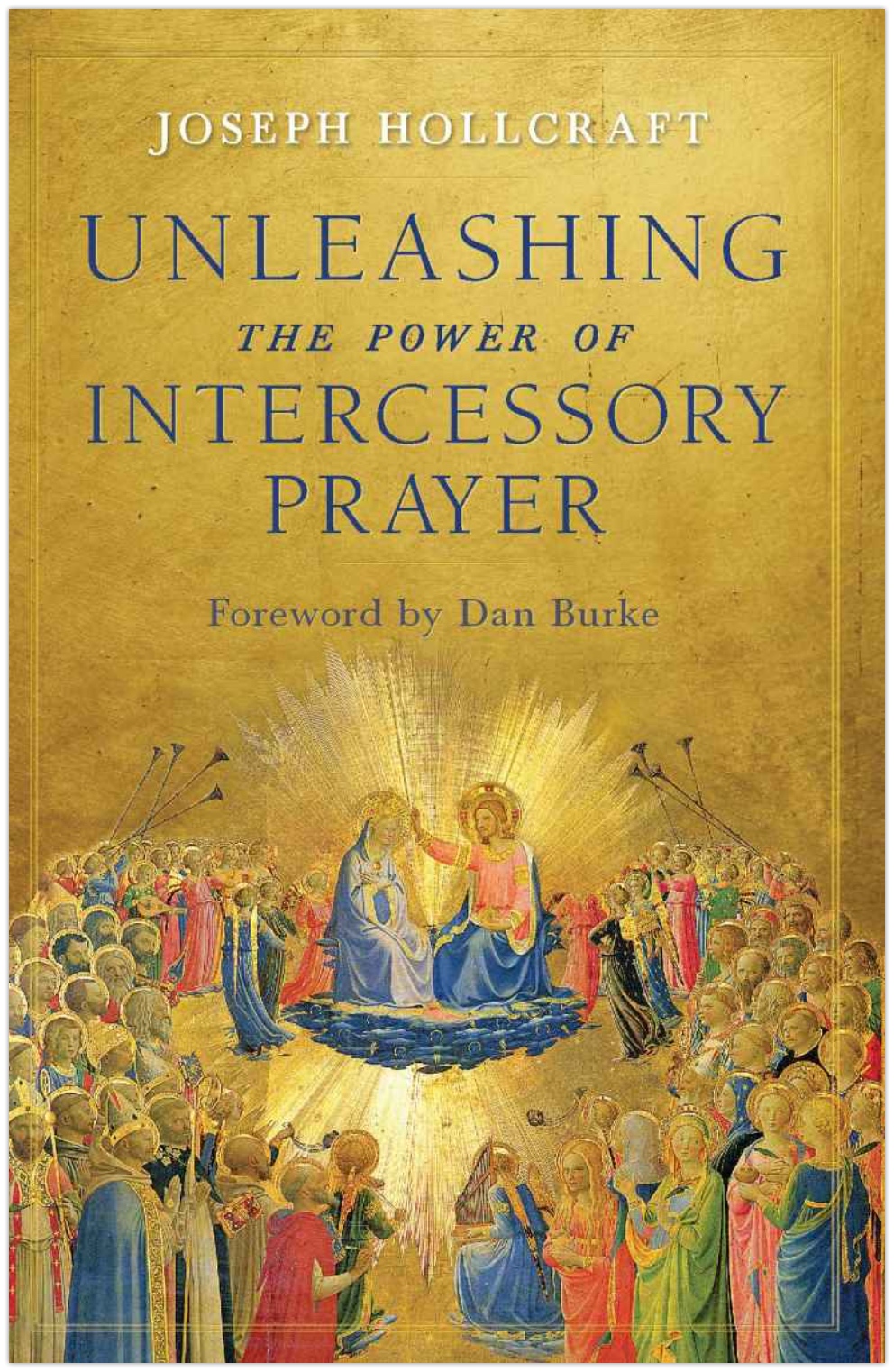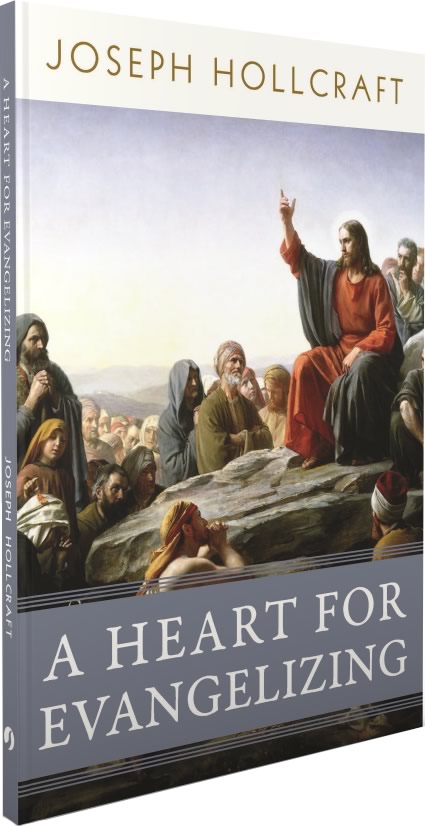Lent is upon up us and many of us our looking for that next good book to read. I recommend to you To the Martyrs: A Reflection on the Supreme Christian Witness, a book authored by Cardinal Donald Wuerl, Archbishop of Washington D.C.
In this captivating book, Cardinal Wuerl surveys the history of martyrdom—from its outset in the earliest days of Christianity up to and including the twenty-first century. Cardinal Wuerl does a masterful job of engaging the reader with the political intrigue that encircles many of the narratives that have surrounded the marty rs through the centuries. As we are invited into the historical narratives of such martyrs as Saints Perpetua and Felicity, Saint Thomas More, and Saint Maximilian Kolbe (to name a few), we are made to reflect upon the hardships they faced and go deeper into the greatness of their heroic yes.
rs through the centuries. As we are invited into the historical narratives of such martyrs as Saints Perpetua and Felicity, Saint Thomas More, and Saint Maximilian Kolbe (to name a few), we are made to reflect upon the hardships they faced and go deeper into the greatness of their heroic yes.
In a thoughtful and lucid prose, the archbishop of Washington D.C. reminds us the link in the chain to “the supreme Christian witness” is boldly professing faith in Jesus Christ when death is at your doorstep. In this way, our lives echo Christ’s words to the first Apostles: “You will be my witnesses (martyrs)…to the ends of the earth” (Acts 1: 8) (128).
To the Martyrs: A Reflection on the Supreme Christian Witness is more than just a history lesson on the martyrs through the ages. In point of fact, the author writes to inspire. Why? As the last four chapters single out, the atrocities of the twenty-first century and martyrdom in our modern period has lead to an unprecedented age of Christian and Catholic persecution. From the “international silence” on Christian maltreatment in the Middle East to the “prejudices” towards Catholicism in America (not that these are equal, but as Cardinal Wuerl explains, the increasing secularism has led to a hate of Christian truth which sets the path for martyrdom), God is calling us to be a voice crying in the wilderness, a voice that speaks with our very life, even unto death if need be.
Cardinal Wuerl brings this conversation of martyrdom into its proper Christian context with the Eucharist. The Eucharist is the actualization of what took place on Calvary two thousand years ago—a making present of the one sacrifice of Christ. In the sacrament of the Eucharist, we not only receive Christ’s Body, Blood, Soul, and Divinity, but we are strengthened to BE Christ in the world. In the earliest days of Christianity, Christians saw their suffering and death as a sharing in the cup of Christ—the suffering of Christ (118), which was a participation in the sacrament of the Eucharist. Cardinal Wuerl and the whole of the teaching Church, wants us to see that the spirituality of the Eucharist is at once a dying to self and life in Christ. Martyrdom is the most profound expression of this spirituality.
Highlighting the ancient truth that came from Tertullian, “the blood of the martyrs is effective Christian seed,” Cardinal Wuerl concludes his work with a reflection on the power behind those words; the power that lies behind God’s arithmetic: that loss equals profit, death equals life. There is no greater ecumenism than “the ecumenism of blood”—the ecumenism of martyrdom.
My dear friends, Lent is a time of self-reflection and self abandonment, and I cannot think of a better read to reflect with than Cardinal Wuerl’s To the Martyrs: A Reflection on the Supreme Christian Witness. It is my prayer and hope that you will not only read this book, but in doing so, you would be inspired to live more radically in and for Christ!


